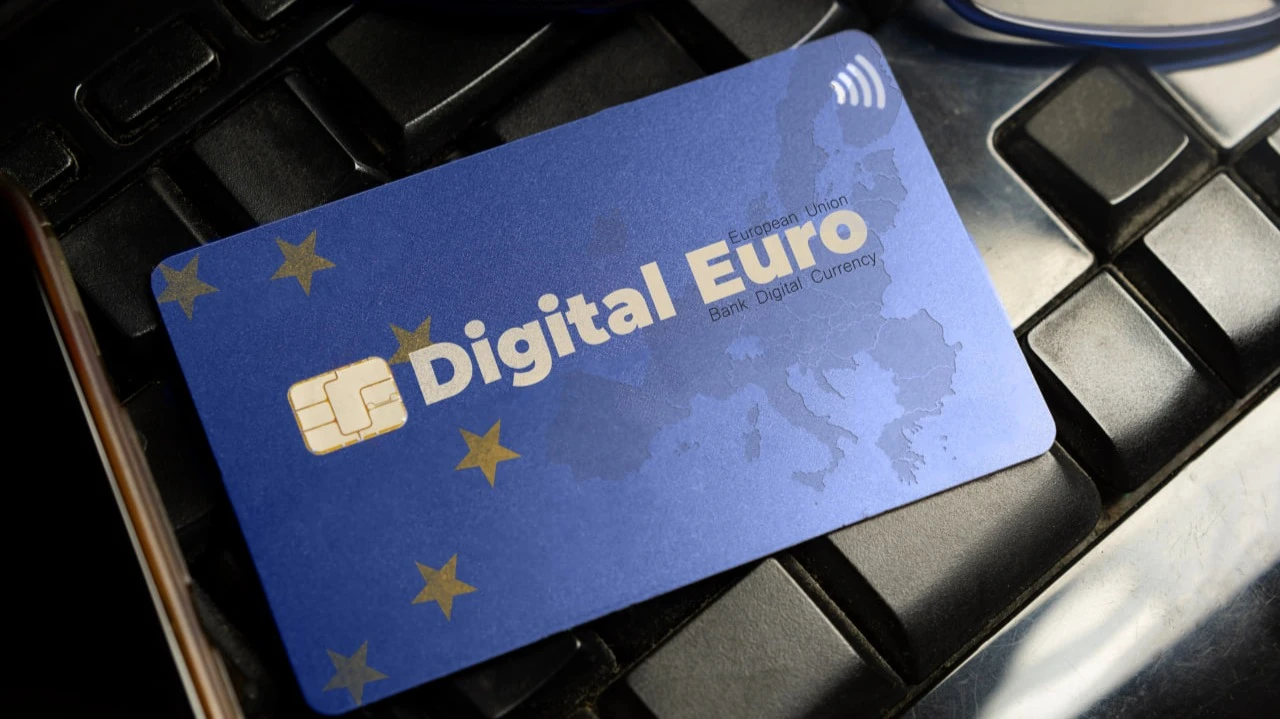The EU is accelerating work on the digital euro. Why does it see a threat in US stablecoins?
European regulator fears capital outflow and strengthening of the dollar's role in settlements

The European Union has stepped up development of the digital euro after the U.S. passed legislation on stablecoins - digital tokens linked to sovereign currencies and backed by reserves. European regulators fear the growing influence of U.S. financial technology and are now discussing the accelerated launch of their own digital currency, including the possibility of it running on public blockchains like Ethereum or Solana.
Details
EU officials have stepped up work on the digital euro because of fears for its competitiveness after the new GENIUS Act was passed in the U.S., the FT writes, citing sources. According to the publication, the transition to a public blockchain like Ethereum or Solana is being discussed, although earlier it was supposed to use a closed system.
One interlocutor noted that the rapid approval of the U.S. law "alarmed a lot of people" and pushed to speed up the project: "They're saying, 'Let's move this forward faster.'"
Why is Europe worried?
The European Central Bank has been considering for several years the creation of a digital version of the euro that would be available for free use across the eurozone.
Supporters of the initiative believe that such a currency will provide the population with a payment instrument guaranteed by the central bank against the backdrop of declining cash usage, and will also strengthen the euro's position on the global stage.
European officials now fear that the new U.S. law will accelerate the growth in the use of dollar-denominated tokens and believe the launch of the digital euro is necessary to protect the dominance of the single currency on the continent, the FT notes.
ECB executive board member Piero Cipollone said in April that Washington's support for dollar-backed stablecoins "raises concerns about Europe's financial stability and strategic autonomy." He added that the passage of the U.S. law could lead to the movement of capital from Europe to the U.S. and further strengthen the dollar's role in cross-border payments.
Central bank digital currencies are an electronic form of public money. China is considered the most advanced in this area, having launched pilot programs back in 2020 and gradually expanding them to dozens of cities. Today, digital yuan can be used to pay for purchases in stores and restaurants, cab rides and public transportation, as well as used for online services. China also wants to allow yuan-backed stablecoins for the first time. This is a fundamental reversal in Beijing's policy on cryptocurrencies. China banned transactions with them four years ago out of concern for the stability of its financial system.
The UK, for its part, is exploring the possibility of creating a digital pound.
Several euro-linked stablecoins have already been launched in Europe, the largest of which - with a market capitalization of $225 million - is being issued by Circle. However, issuing a token directly from the ECB would cement the region's commitment to the development of digital assets, the newspaper notes.
"Europe cannot afford to over-rely on foreign payment solutions," Cipollone said in April.
If the digital euro runs on a public blockchain, it could be freely exchanged around the world, increasing the circulation and use of the currency. But officials are cautious: existing blockchains make all transactions public, increasing privacy risks.
Another source added that a digital euro in the expected private format would be "much more like what the People's Bank of China is doing than private company solutions in the U.S.," referring to the private token being developed by China.
The ECB said in comments to the FT that "different technologies - both centralized and decentralized, including distributed registries" - are being considered in developing the digital euro, and that a final decision on the matter has yet to be made.
This article was AI-translated and verified by a human editor
